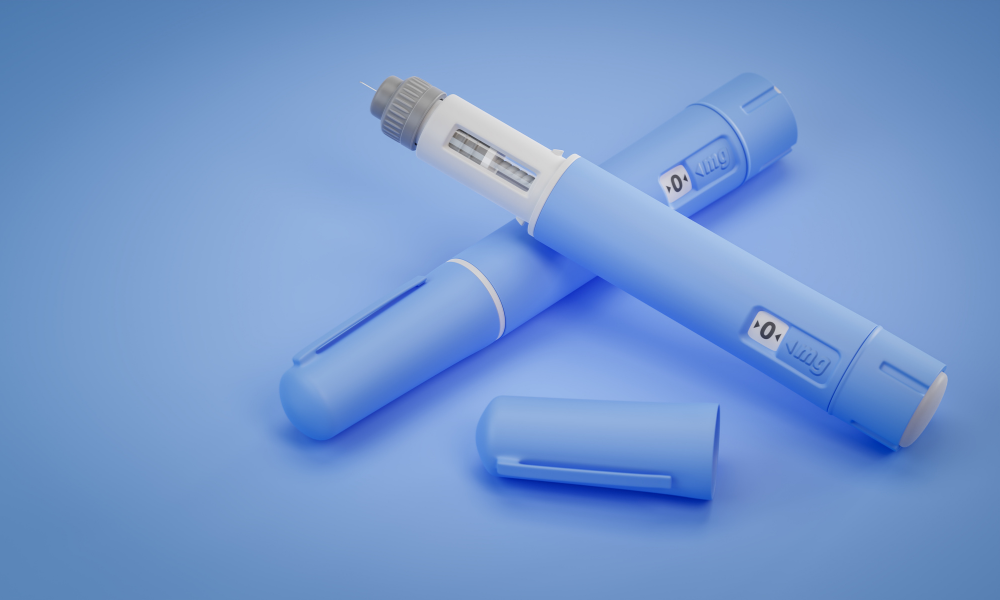Wegovy drives 91% spike in Canadian drug claims while Zepbound outperforms in US clinical trial

A clinical trial funded by Eli Lilly and published in the New England Journal of Medicine found that people taking Zepbound lost nearly 50 percent more weight than those using Wegovy.
The Canadian Press reports that participants using tirzepatide, sold as Zepbound, lost an average of 50 pounds (22.8 kilograms) over 72 weeks, while those on semaglutide, sold as Wegovy, lost about 33 pounds (15 kilograms).
As per the study presented at the European Congress on Obesity in Spain, Zepbound users lost about 20 percent of their body weight on average by the end of the trial, compared with nearly 14 percent for Wegovy users.
Waist circumference declined by about 7 inches (17.8 centimetres) for Zepbound participants, and 5 inches (12.7 centimetres) for those taking Wegovy.
In addition, nearly 32 percent of Zepbound users lost at least 25 percent of their body weight, compared to 16 percent among Wegovy users.
The trial included 751 participants in the US who were overweight or had obesity and at least one weight-related health issue, but not diabetes.
According to the study, participants received the highest tolerable weekly doses of Zepbound (10 mg or 15 mg) or Wegovy (1.7 mg or 2.4 mg).
According to Louis Aronne, director of the Comprehensive Weight Control Center at Weill Cornell Medicine and lead author of the study, both drugs belong to a class of medications that mimic hormones involved in appetite and satiety.
However, tirzepatide targets both GLP-1 and GIP, while semaglutide targets GLP-1 only.
“Two drugs together can produce better weight loss,” said Aronne.
He added that many observers viewed the trial as “a drag race of efficacy,” but noted that both medications serve as useful tools to treat obesity.
As per Aronne, the point of the medications is to improve health, and “the majority of people won't need the most effective medication.”
The study noted that weight loss was about 6 percent lower in men than in women across both groups.
Health markers such as blood pressure, blood fat, and blood sugar levels improved as participants lost weight.
According to the study, over three-quarters of participants taking either drug experienced at least one side effect, mostly mild to moderate gastrointestinal issues such as nausea, constipation, diarrhoea, and vomiting.
About 6 percent of Zepbound users dropped out of the trial due to adverse events, compared with 8 percent of Wegovy users.
As reported by The Canadian Press, Zepbound generated US$4.9bn in global sales in 2024, while Wegovy brought in US$8.8bn.
A 2024 KFF survey found that one in eight US adults reported using GLP-1 medications.
Despite the growing popularity of these drugs, access and affordability continue to be a challenge.
Both tirzepatide and semaglutide were recently removed from the US Food and Drug Administration's drug shortage list.
The manufacturers released cost-cutting programs to lower monthly prices to about US$500 or less, depending on dose.
However, CVS Health announced that Wegovy will become the preferred drug on its standard formulary as of July 1, excluding Zepbound.



